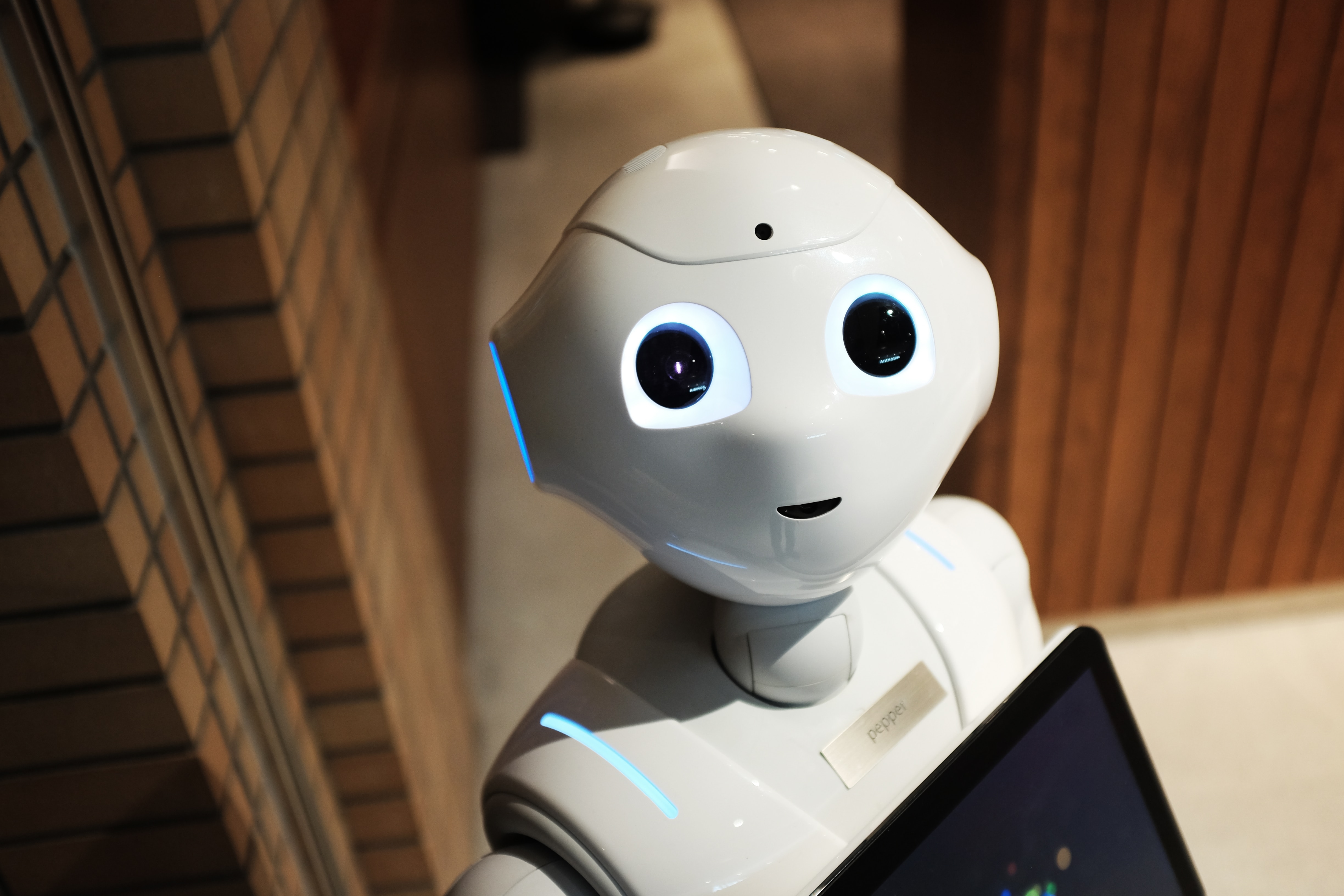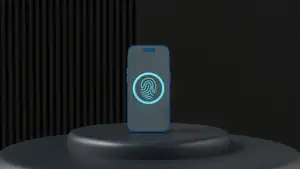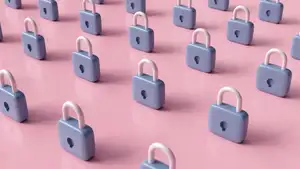
A Look at the Top 10 Tech Trends in 2023
There are so many emerging new technological trends it's hard to keep track of them all, so instead of listing them all, here are just ten tech trends in 2023 that everyone needs to know about.
They are helping to shape our world on a daily basis and will impact almost every one of us in one way or another. Let's dive straight in to discover this year's biggest tech trends.
A shift towards more sustainable technology
More people than ever are becoming increasingly aware of the rare earth materials that end up as important components used in smartphones, tablets, laptops, and desktop computers after being mined from the ground. There is now a global conscious effort to push for more sustainable technology.
Additionally, the incredibly large data centres worldwide that help sites like Netflix and Spotify run smoothly consume a lot of energy. Big companies and their supply chains are being urged to become more transparent, as consumers worldwide who invest in their products and services demand that they are powered by more sustainable tech.
A step forward in green technology
One of the biggest goals for humankind is tackling the climate crisis by reducing carbon emissions. One such way that this is being done is by pushing for the use of green hydrogen. This innovative new source of energy is clean-burning and produces almost zero greenhouse gas emissions.
In fact, the world's first green pipeline from wind plants based in the North Sea is already being developed by two major European energy companies – RWE and Shell.
Decentralised power grids are also starting to appear in local areas, which can provide power to houses even if the main grid is not able to do so. This will significantly help reduce carbon emissions.
Significant advances in Web3 technology
Today, there are more companies than ever with decentralised products and services, which is why there have been and will continue to be major steps forward in the use of blockchain technology (also known as Web3).
Data and information today are stored in the cloud. However, if data storage is decentralised and encrypted using blockchain technology, our information will be far more secure, and people will have more novel ways of being able to access and analyse it.
Take NFTs (non-fungible tokens), for example. These have become more practical in 2023 and more widely used than ever. NFTs are gradually becoming the items people use to interact with products and services purchased online and in the virtual world. They may end up representing contracts between people.
The development of Artificial Intelligence
Businesses, especially in the retail sector, have been able to create more intelligent products and services thanks to no-code Artificial Intelligence, utilising its user-friendly drag-and-drop interfaces.
For example, customers of a clothing company called Stitch Fix can get better clothing recommendations based on their sizes and style preferences, thanks to the innovative new AI-enabled algorithms. AI has also made the consumer's ability to pay for goods and services and then receive those goods more efficient than ever.
Business owners can also use AI to better manage and automate their inventory processes. This will lead to consumers being able to buy online and pick up at the store becoming the norm.
Closing the gap between the digital and physical world
Digital twin technology and 3D printing are the two main components that are helping bridge the gap between the digital and physical worlds. New ideas for products can be tested in the virtual world in a safe environment and then created in the real world using 3D printing technology. It can be applied in almost every sector imaginable.
Progress in Augmented Reality (AR) and Virtual Reality (VR)
Augmented Reality (AR) and Virtual Reality (VR) technology has also progressed by leaps and bounds, and it's helping to bring things like the metaverse to life by making it more immersive. Also, the wearable technology that enables us to access the virtual worlds continues to advance at an incredible rate.
The avatars that represent us in the metaverse have also become more true-to-life. It has also been suggested that progress is being made in the development of AI-enabled autonomous avatars that can act on our behalf in these immersive digital worlds, even when we are not physically logged into the digital world.
AR and VR technology enable people to carry out a wide range of tasks in the virtual world without physically needing to be present in the physical employment workspace.
Gene editing and nanotechnology are changing the natural world
Advances in nanotechnology are enabling genes to be edited in ways that were previously only imaginable. Anything from plants and materials to human beings can be edited in one way or another by altering the building blocks of life to create new materials with new features, such as self-healing capabilities and water resistance.
According to experts, advanced gene editing capabilities can improve the health of crops, help eliminate food allergies and much more.
More human-like robots
Robots are becoming more human-like than ever in what they can do and how they look and resemble human beings. They will gradually start appearing in our everyday world and work in places like hospitals, factories, bars and restaurants, hotels, and many other places. They are able to carry out simple tasks that many humans are unwilling to do.
Improved autonomous systems
Warehouses and factories are becoming partially or fully autonomous and, therefore, more efficient than ever. Autonomous robots can help move, sort, and lift items, whereas delivery robots and self-driving ships and trucks are also helping business owners become more efficient.
Huge steps forward in quantum computing
There is a huge drive to develop quantum computing and make it mainstream, and the potential for humanity's development with QC is almost unimaginable. Quantum computers will eventually be able to operate up to a trillion times faster than a standard computer that uses traditional processors.
It will bring with it a huge technological leap in terms of how information is stored and processed. However, the biggest fear of quantum computing is that it could mean our current encryption practices will become completely ineffective.
Final note
These are just ten emerging tech trends that are gradually helping to shape our future. They are already changing how we work, live, and interact with each other on a daily basis, and they will continue doing so in ways we cannot yet imagine.










